When films open perspectives that Netflix doesn’t show!
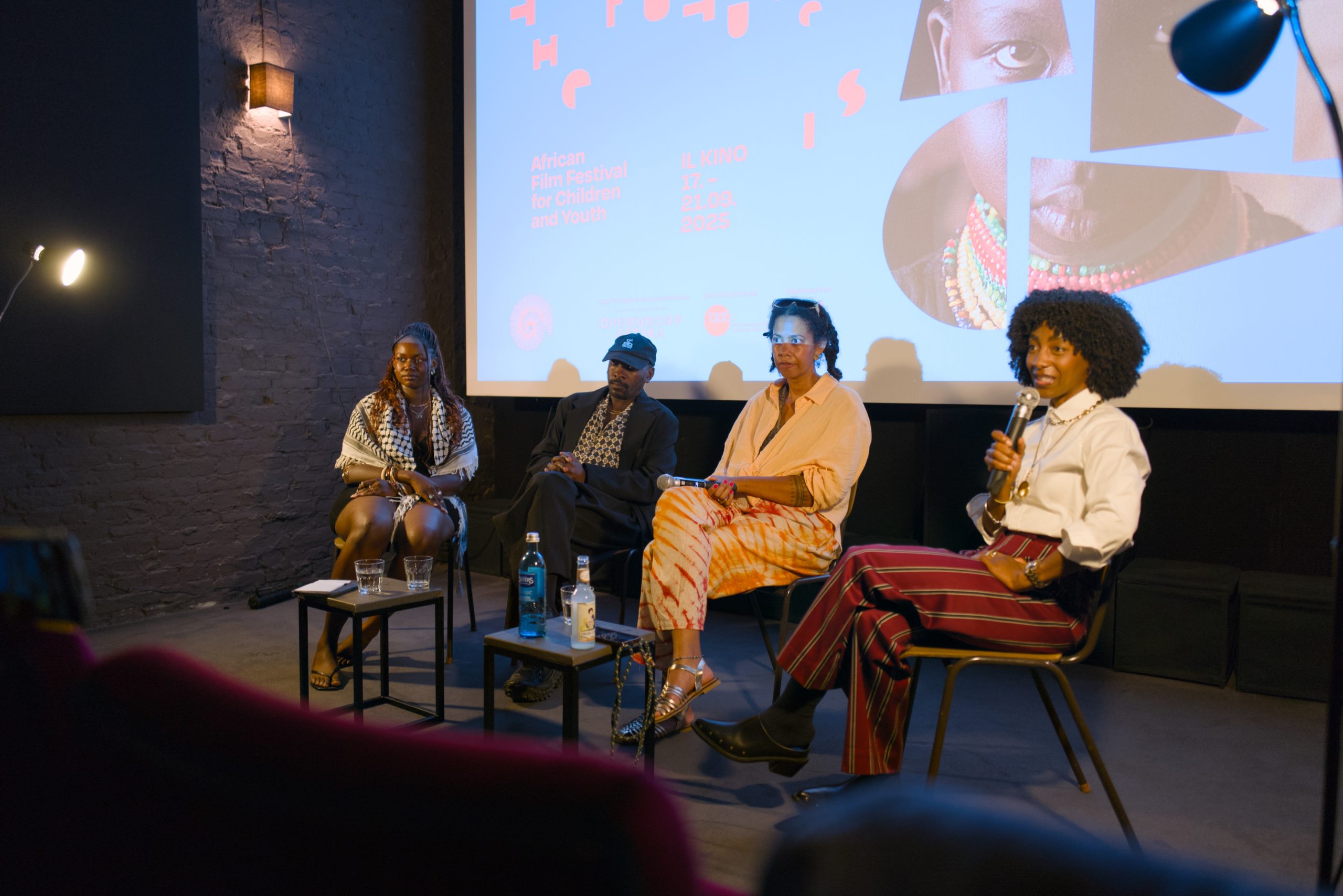
Even though it is increasingly difficult today to attract especially young audiences to cinemas due to changing viewing habits shaped by streaming services, film festivals show that cinemas can still create spaces for exchange, reflection, and discussion. They open perspectives that often remain invisible in everyday life and make cultural diversity tangible. Our festival aims to be such a space, where African films are screened, discussed, and their stories made accessible to a wide audience.
We would like to sincerely thank all visitors who filled our film screenings, workshops, and panel discussions with so much interest and energy. Your participation demonstrates how important it is to watch these films, discuss them, and carry their messages forward.
A special thanks goes to Ayman El Amir & Nada Riyadh, Alain Kassanda, and Kantarama Gahigiri, who made the long journey to talk about their films and pass on their knowledge to the next generation through our workshops. We also thank our outstanding panel moderators Kemi Fatoba and ShaNon Bobinger, who together with Lemohang Jeremiah Mosese, Ronnie Vitalia, and the invited filmmakers brought the diverse topics to a discursive and personal level.
Our curator Andrea Voges shaped the heart of the festival with her versatile, political, and inspiring program. We also thank our partners IL KINO, Refuge Worldwide, der Freitag, AKW_Berlin, and Meko Neukölln for their support. A special thanks goes to the Federal Agency for Civic Education (bpb), whose generous support made this festival possible in the first place.
Films open windows into worlds that often remain hidden in everyday life and encourage new reflections on social, political, and cultural contexts. With our selection, we deliberately wanted to showcase perspectives that are rarely seen in German cinemas and make stories visible that otherwise have limited access to audiences. Our screenings, workshops, and panel discussions give these voices a platform, foster exchange, and demonstrate why the continuous presence of such films in Germany is so important. Cinema thus becomes a space for dialogue – for filmmakers as well as for audiences – enabling a direct understanding of diverse realities, cultural expressions, and societal issues.
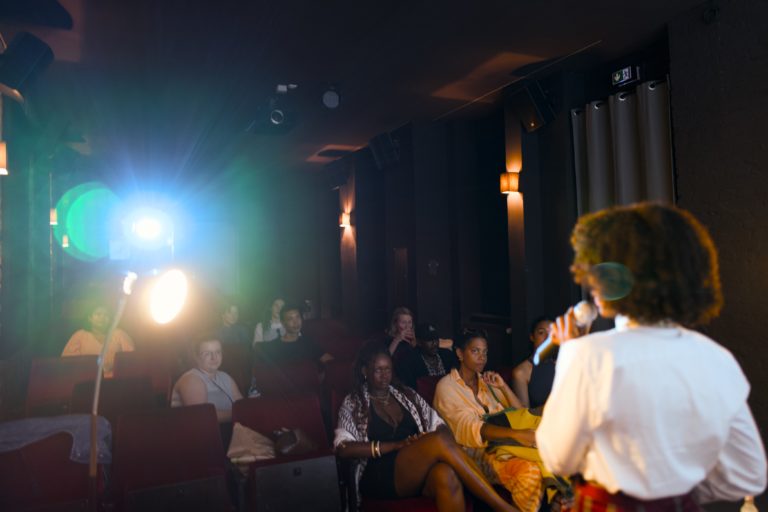
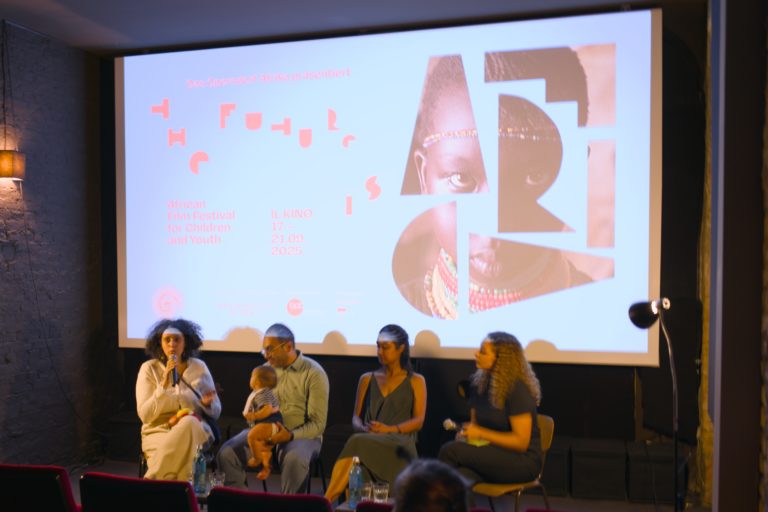
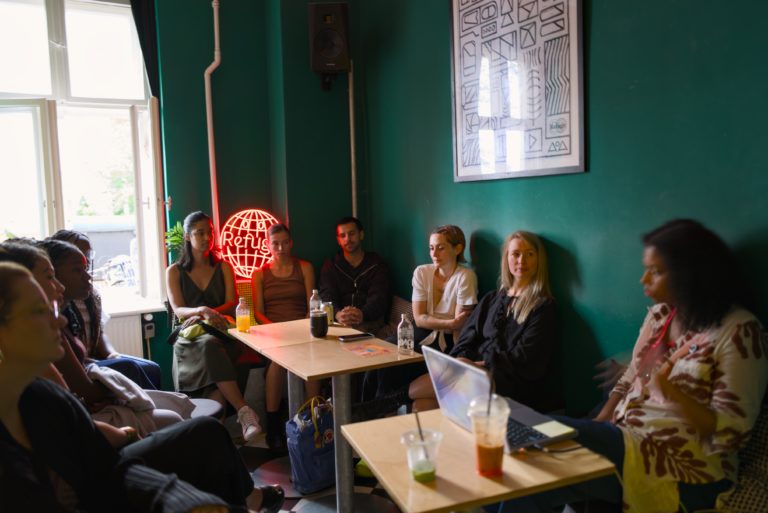
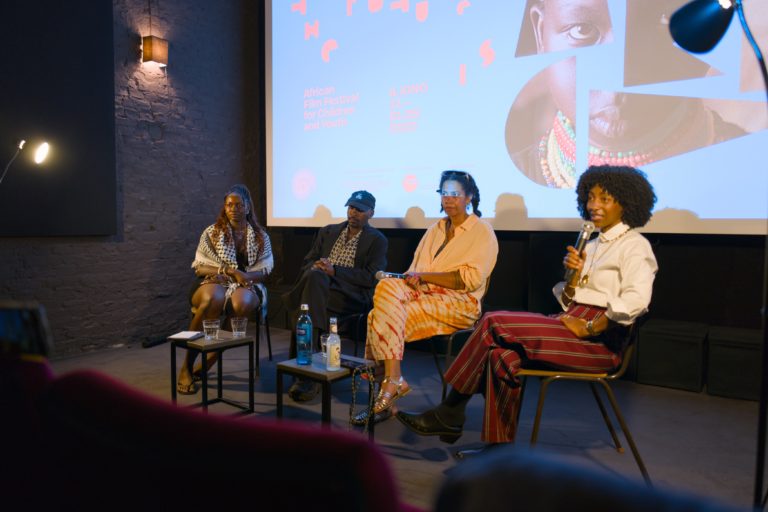
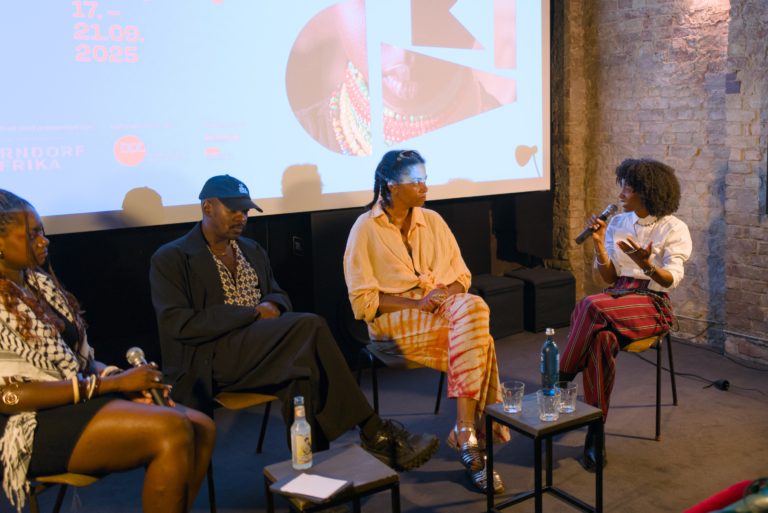
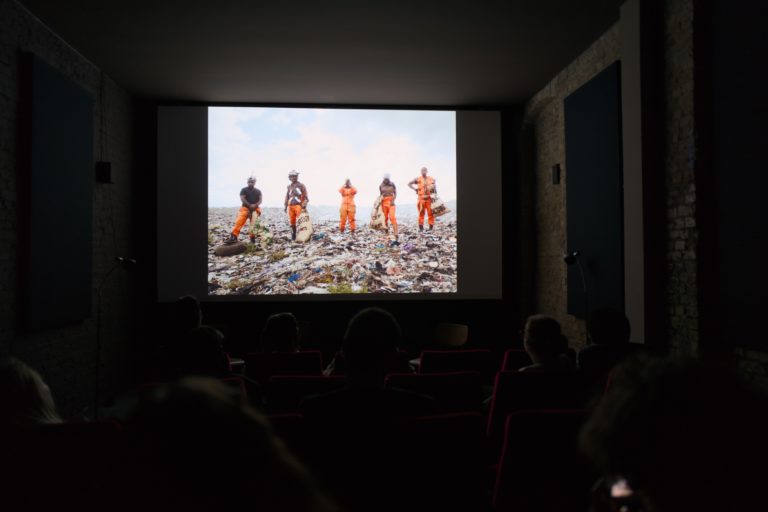
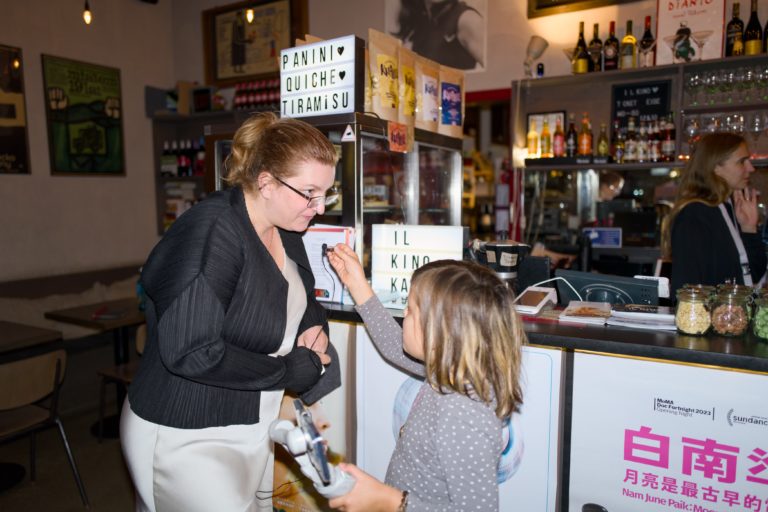
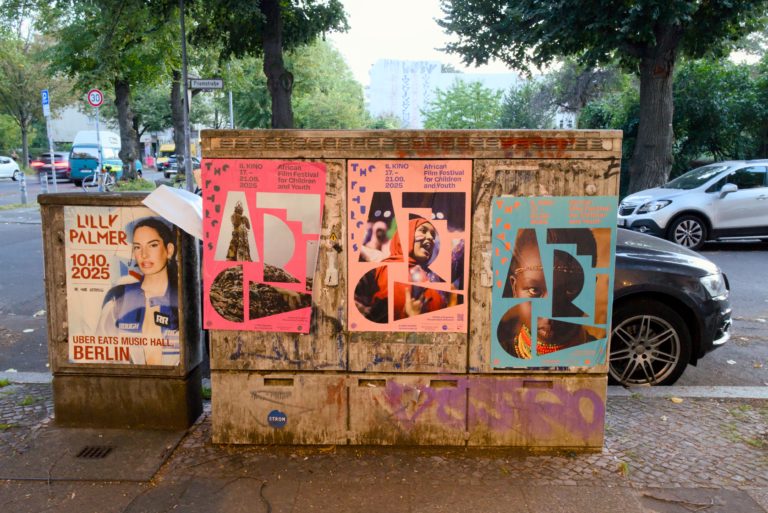
Photos © Danilo Sierra


